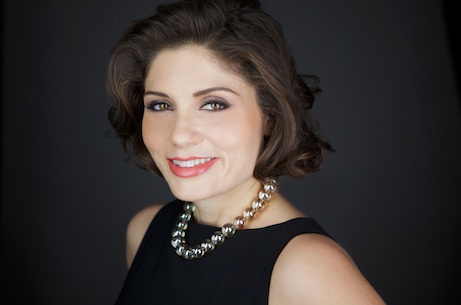
Andrea Pizziconi writes for The Scholar magazine about her company's work promoting a model of financing the transformation of university buildings in Africa.
Access to higher education is one of the most important factors affecting long-term economic growth in developing countries. This is a particular challenge for Africa, which needs capacity for 5.6 million more students than its current facilities can accommodate.
The cost of constructing the additional physical infrastructure needed to bring Africa’s tertiary education enrolment rates to just half of the global average of 27% is a minimum of over US$ 46 billion, yet current international aid and local government funding has been less than US$ 1 billion a year.
Africa Integras was created to bridge this funding gap. our company brings private capital to develop and finance all facilities required by a university including residential and academic, leases these newly constructed facilities to the university on an affordable long-term contract and then transfers all assets back to the university at the end of the project. We also construct on-campus commercial facilities to enhance overall returns to investors and foster economic development.
When we transfer the commercial assets back to universities, we give them revenue-producing assets that will support the university’s operations in the long-term, just as the world’s most successful universities originally built their endowments.
Even though developing real estate in Africa seems challenging in itself, the greatest challenge we have faced is in fact one of perception: universities and governments often seek financing through traditional public procurement processes or private grants and lack familiarity with the provisions required to attract private capital, while private investors are hesitant to enter new sectors without a successful track record of working with private investors. However, this Investing in universities for Africa’s future perception challenge can be overcome: we negotiate transparently with our university partners to demonstrate how reduced financing costs and attractive commercial returns can be achieved by using similar models as those that have brought private capital to energy infrastructure projects in Africa.
In fact, we have yet to encounter a project where the university and investor interests could not be balanced to achieve these mutual benefits, while dramatically enhancing the quality and capacity of each learning environment.our current pipeline of projects, with over US$ 300 million of identified university infrastructure opportunities, will construct facilities to accommodate over 100,000 additional university students each year. While completion of these projects will address only a small fraction of the total market, we are confident larger institutional investors will follow, bringing profound social and economic impact for entire countries. It is an urgent and exciting moment for Africa’s future.
*Andrea Pizziconi [2003] is the founder of the Christie Company, a sustainable mixed-use development company, which is the managing partner of Africa Integras, an investment company focused on education infrastructure projects in Africa. She did an MPhil in Land Economy at the University of Cambridge. This article is in the current edition of The Scholar magazine. Click here to download the magazine. Picture credit: Andrea Pizziconi.












